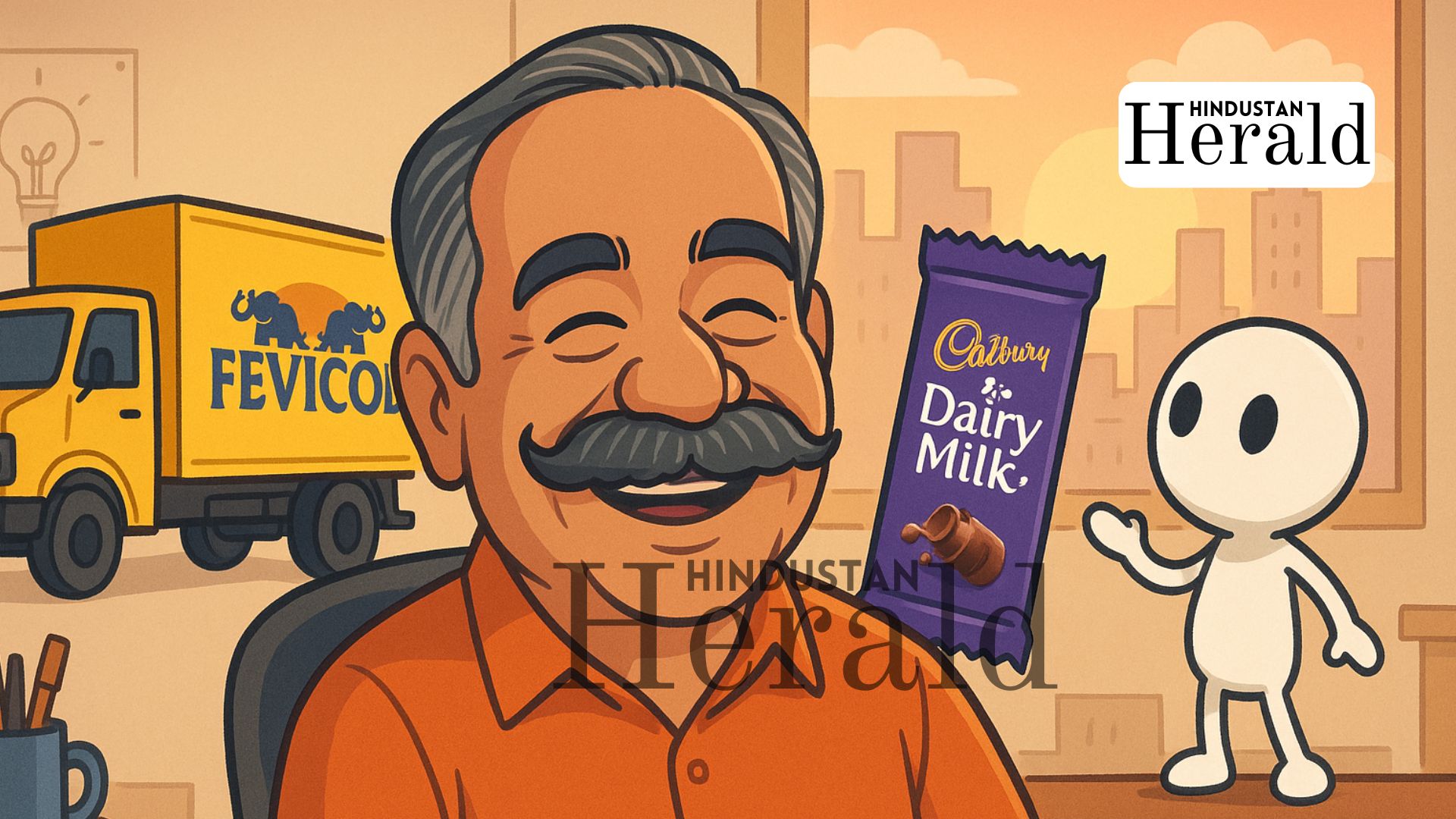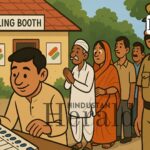Mumbai, October 24: The world of Indian advertising lost its heartbeat today. Piyush Pandey, the man who turned everyday India into poetry and products into stories, passed away at 70. He had been battling a serious infection, according to NDTV Profit. His funeral will be held tomorrow at Shivaji Park Crematorium, Mumbai, at 11 a.m., Storyboard18 reported.
He wasn’t just an adman. He was the man who made India see itself with a grin. From Fevicol’s overloaded truck to the Cadbury girl twirling onto the cricket field, Pandey had an unmatched instinct for emotion. His work was loud, funny, tender, sometimes all at once.
A Career That Redefined Indian Advertising
When Pandey joined Ogilvy & Mather in 1982, advertising in India was prim, anglicised, and slightly out of touch with its audience. Pandey didn’t care for that tone. He brought in street Hindi, cricket slang,and local humour and made it mainstream.
His rise inside Ogilvy was meteoric. From a copywriter to Executive Chairman of Ogilvy India and later Chief Creative Officer Worldwide, he changed not just how the agency worked, but how the country thought about brands. Under him came classics “Fevicol ka jod”, “Asli Swad Zindagi Ka” for Cadbury, Asian Paints’ Har Ghar Kuch Kehta Hai, and Vodafone’s ZooZoos.
Each campaign had something unteachable: an eye for India’s pulse. He didn’t make ads for a boardroom. He made them for the man buying a paint tin in Ajmer, the shopkeeper laughing at a Fevicol gag, the teenager stealing a Cadbury bite on the bus ride home.
The Man Behind the Moustache
Born in Jaipur, Pandey grew up surrounded by stories and music. His sister, Ila Arun, is a folk singer and actor. Before advertising, he was a cricketer, playing for Rajasthan in the Ranji Trophy. Cricket taught him teamwork, he once said, but it also taught him patience, the kind you need when an idea takes weeks to find its right line.
He wasn’t a corporate type. He’d turn up in a loose shirt, laugh too loudly in meetings, smoke too much, and remember every person’s name. Colleagues say his desk was always messy, and his mindwas always full. A junior writer could walk up and show him a half-formed idea, and he’d turn it into gold with one sentence.
Inside the ad world, his presence was mythic. But outside it, he was startlingly normal. He loved street food, cricket gossip, and long drives through Rajasthan. To his friends, he was the same guy who once wrote jingles because he thought they were fun.
A Nation Remembers
The tributes today said it all. Piyush Goyal called him “a phenomenon.” Anand Mahindra wrote that his zest for life was “as memorable as his campaigns,” as reported by The Economic Times. Filmmaker Hansal Mehta simply wrote, “Fevicol ka jod toot gaya.”
There’s something rare about how the industry is mourning him it feels personal. For years, Pandey’s work wasn’t about selling; it was about celebrating small joys. When Storyboard18 quoted Shubhranshu Singh calling him “unparalleled,” it didn’t feel like hyperbole. It felt like the truth.
At Ogilvy’s Mumbai office, staffers are reportedly gathering around old reels of Fevicol and Cadbury ads, watching them again, smiling through tears. He wasn’t just their boss. He was their teacher, their in-house philosopher of fun.
More Than a Creative, a Chronicler
Pandey’s biggest gift to Indian advertising was confidence the belief that our own languages, our humour, our small-town sensibility were enough. You didn’t need imported cool to make something timeless.
He once said that the best ads don’t preach, they participate. His work did exactly that. His campaigns felt like part of India’s cultural fabric running on TV screens during festivals, cricket matches, and wedding seasons. Even now, decades later, people remember the jingles word for word.
And though he led Ogilvy on a global stage, Pandey never lost that India-first heart. He carried it everywhere, like a language only he could speak.
A Final Goodbye
Tomorrow, when the advertising fraternity gathers at Shivaji Park, there will be silence, but also laughter because everyone who knew Piyush Pandey will have a story. About the time he cracked a line at 2 a.m. About the warmth in his handshake. About the moustache that smiled before he did.
He gave India more than campaigns. He gave it a way of seeing itself as colourful, emotional, honest, and proud.
To borrow from one of his own lines: “Kuch khaas hai zindagi mein.”
For the world of Indian advertising, that khaas, that special something was him.
Stay ahead with Hindustan Herald — bringing you trusted news, sharp analysis, and stories that matter across Politics, Business, Technology, Sports, Entertainment, Lifestyle, and more.
Connect with us on Facebook, Instagram, X (Twitter), LinkedIn, YouTube, and join our Telegram community @hindustanherald for real-time updates.
Regional journalist bringing grassroots perspectives and stories from towns and cities across India.






